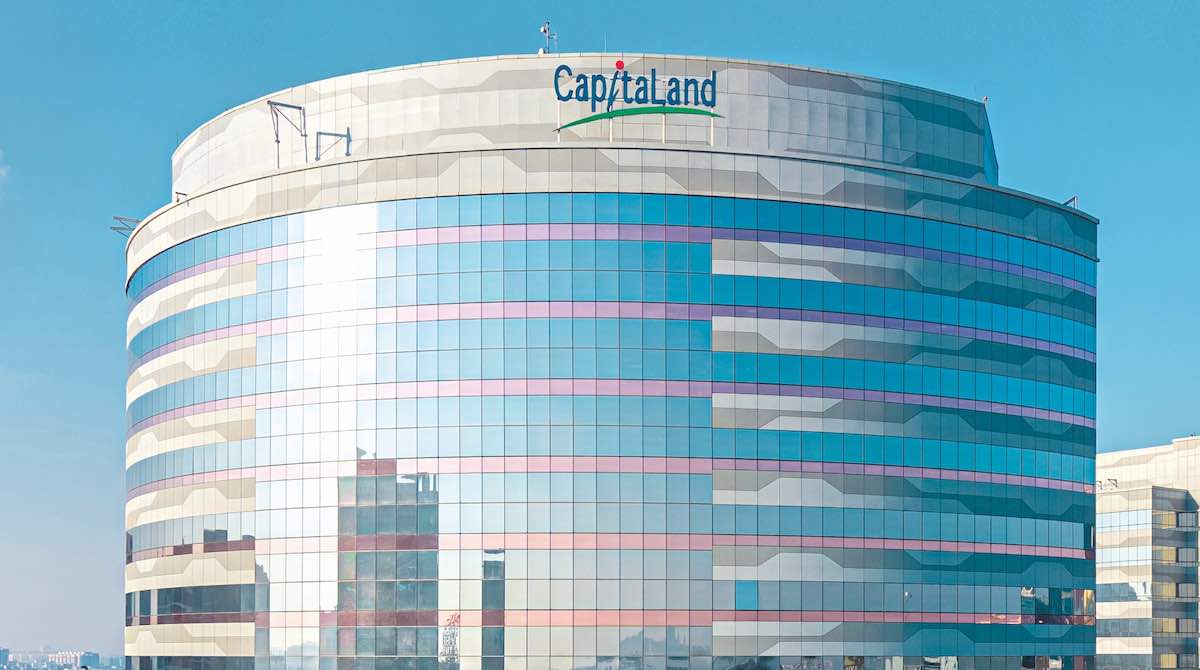India is rapidly establishing itself as a strategic hub for Global Capability Centres (GCCs) in the energy sector. These centres are increasingly focused on renewable energy, digitalisation, and sustainable energy solutions across the value chain—from upstream to downstream. According to EY, India currently hosts 77 energy-focused GCCs spanning oil and gas, power and utilities, renewable energy, and mining. These centres collectively employ around 50,000 people, with over 24,000 professionals specifically working in energy-related roles. Major cities like Bengaluru, Mumbai, Pune, Delhi NCR, Hyderabad, and Chennai serve as vital talent clusters supporting this transformation
Shifting Priorities: From CoEs to Clean Energy Innovation
Initially, energy GCCs in India served as centres of excellence (CoEs) for functions like asset management and regulatory affairs. However, the focus has evolved significantly. Today, these centres are at the forefront of supporting decarbonisation, clean energy transitions, grid modernisation, and advanced fuel logistics. Leveraging India’s large talent pool in engineering, R&D, and laboratory functions, GCCs are handling high-value tasks such as 2D/3D digital engineering, greenfield and brownfield projects, turnaround management, geophysics operations, and petrophysical studies
Massive Investments Reflect Confidence in India
Driven by the projection that global renewable capacity will grow 2.7 times by 2030, energy companies are ramping up their investments in India. Shell employs over 13,000 people across various verticals like integrated gas, renewables, and digitalisation. Chevron has announced a $1 billion investment over 5-6 years to build an engineering and technology centre in Bengaluru, aiming to hire 600 employees across disciplines like mechanical, civil, petroleum, and computer science by 2025. BP, through its Technical Solutions India (TSI) centre in Pune, employs over 2,300 professionals who support both traditional and new energy operations worldwide.
Emerging Tech Hubs for Specialised Skills
India’s metro cities are developing unique specialisations aligned with the energy transition. Bengaluru is fast becoming a hub for wind energy expertise, with professionals skilled in turbine micro-siting, GIS mapping, and aerodynamic modelling. Meanwhile, Mumbai, Pune, Ahmedabad, and Chennai are witnessing the rise of talent clusters in the hydrogen energy space, focused on hydrogen blending, storage solutions, and refinery operations. These skills are crucial to building a robust green hydrogen ecosystem in India
Talent Gaps in Clean Energy Transition
Despite the growth, companies are facing a shortage of specialised talent to drive cleaner energy initiatives and decarbonisation efforts. EY’s partners Arindam Sen and Kunal Ghatak have noted that this talent gap is not just limited to India but is also visible across the US and Europe. There is a growing demand for highly skilled professionals capable of managing the complex requirements of energy transition technologies
Evolving Job Roles Signal Strategic Shift
Over the past two years, the introduction of petrotech and petroleum engineering roles in India reflects a strategic shift in the type of work being offshored. Earlier, energy GCCs were focused primarily on cost-efficiency. Today, they are playing a more integral role in innovation, value creation, and global energy strategy. This evolution showcases India’s potential to deliver a wider range of complex, high-value services and reaffirms its position as a critical player in the global energy ecosystem.
Visit Our News section and follow us on LinkedIn and Twitter







